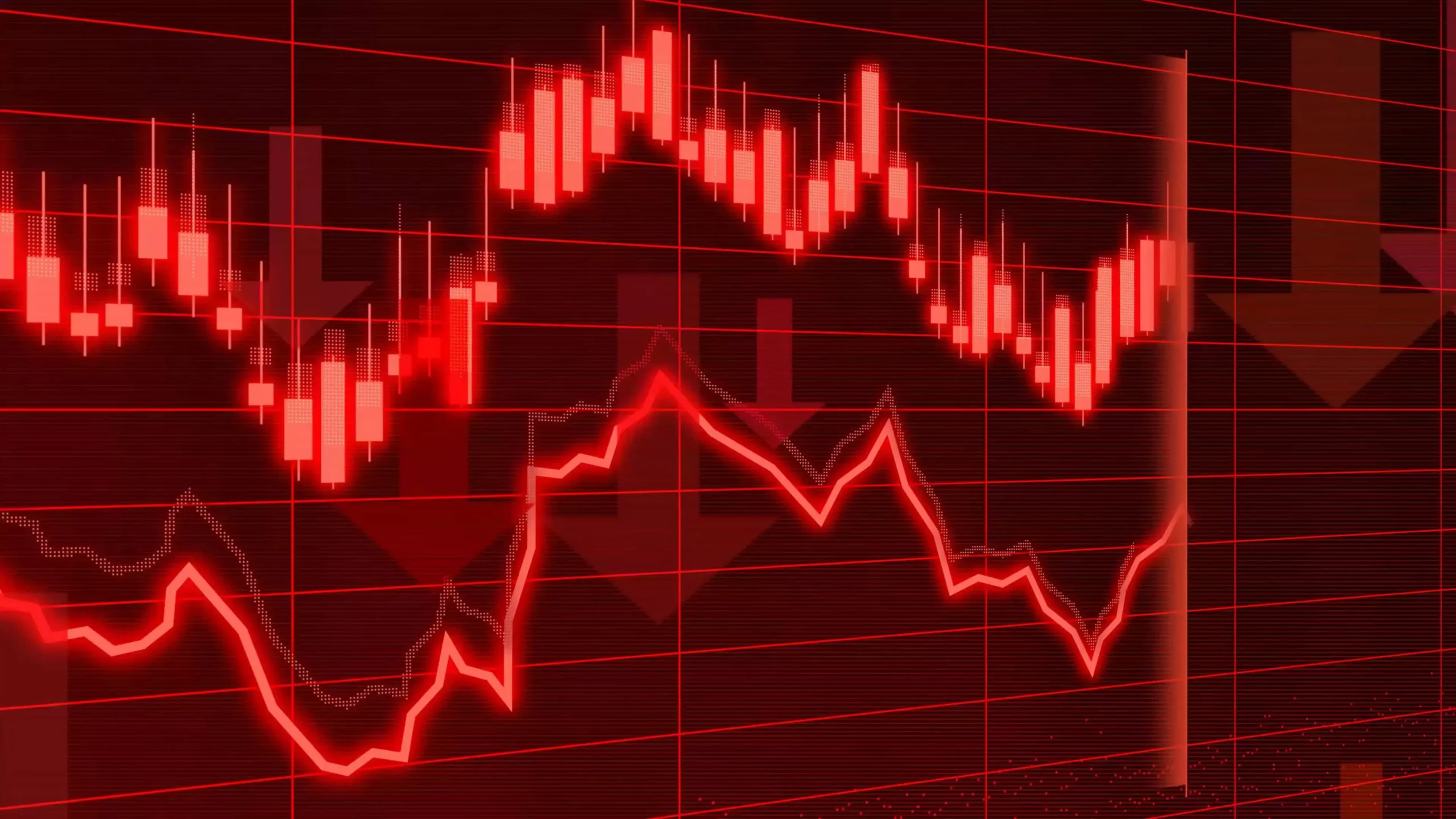As the cryptocurrency landscape evolves, Bitcoin remains at the forefront, both as a store of value and an investment asset. Yet, amidst rising prices and soaring interest from investors, analysts are cautioning about potential downturns that could impact Bitcoin’s trajectory significantly. The focus on the Chicago Mercantile Exchange (CME) gap has come to the surface, igniting debate among traders about the future of Bitcoin and whether it may dip back to levels below $80,000.
The CME gap refers to the price difference that occurs when the Bitcoin futures market closes on weekends and then reopens, leading to potential shifts in trader sentiment. Analysts believe that this gap can create significant price movements. Currently, some are projecting that Bitcoin’s price might need to “fill” a gap between $77,000 and $80,000, a range that offers a strong resistance level for the cryptocurrency. According to Egrag Crypto, Bitcoin has already witnessed a series of considerable corrections since October 2022, accumulating an average decline of approximately 23.53%.
As various analysts such as XForceGlobal delve into these potential price retractions, they point out that historically, the majority—over 90%—of gaps larger than $1,000 are eventually filled. This predictive metric serves as a powerful signal for traders, many of whom are now speculating whether the inevitable filling of the CME gap could lead Bitcoin down a precarious path.
The analysis by Egrag focuses on the substantial corrections Bitcoin has faced of late. The chain of events includes declines of 22.70%, 20.18%, and up to nearly 30%, showcasing the volatility that characterizes Bitcoin’s price movements. Taking a glance back at the previous market cycles, it is evident that such fluctuations are par for the course in this highly speculative asset class. The disruptions in the market are often influenced by external forces, including market sentiment, macroeconomic factors, and regulatory developments.
The discussion emphasizes how previous instances of market corrections have prepared traders for similar scenarios in the future. The notion of Bitcoin potentially tumbling to as low as $77,000 resonates with the psychology of traders who are well aware of the risks associated with both investment opportunities and market bubbles. The cyclical nature of these patterns, coupled with external catalysts, raises pertinent questions about when and how the CME gap might be filled.
While analysts agree on the significant risks posed by potential CME gap filling, the timing and manifestation of such an event remain uncertain. XForceGlobal warns about the unpredictable nature of how and when these gaps will be rectified, which adds an additional layer of complexity to market forecasting.
Even more intriguing is the observation surrounding current economic climates and possible triggering events for Bitcoin’s price, such as the upcoming inauguration of President-elect Donald Trump. Egrag posits that this event may serve as a focal point for market forces, where opportunistic traders could instigate a sell-off, exacerbating the volatility Bitcoin experiences.
By examining different scenarios, analysts outline two potential trajectories. One scenario suggests Bitcoin may touch $120,000 before a dip to fill the CME gap; another warns that a deeper correction could see Bitcoin fall towards $70,000-75,000 before a more robust recovery could commence.
All considered, Bitcoin’s journey remains fraught with uncertainties, particularly as it interacts with market psychology surrounding CME gaps and price corrections. With analysts divided on the immediate future of Bitcoin, investors must maintain a watchful eye on market trends, potential triggers, and the broader economic backdrop impacting cryptocurrency.
In this landscape of uncertainty, one thing remains clear: those involved in Bitcoin trading should remain vigilant and informed because, as history shows, the corrections and fluctuations can be as dramatic as they are unpredictable. The fate of Bitcoin, especially as it approaches the critical gap levels, will continue to be a hot topic of discussion and speculation moving forward.


Leave a Reply